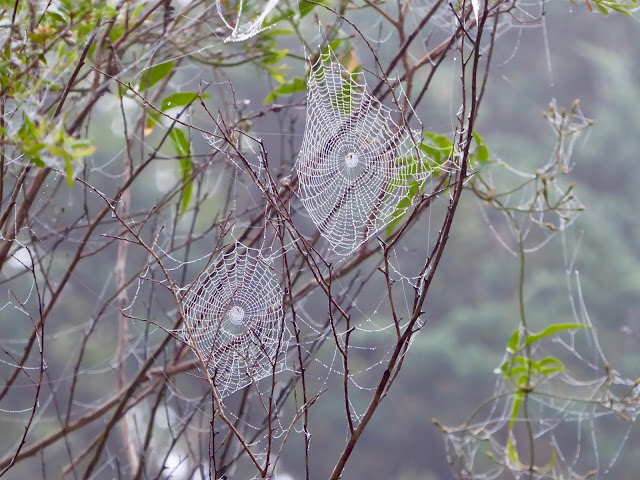I wasn’t sure that I would enjoy The Lady’s Handbook for Her Mysterious Illness, but actually found I couldn’t put it down. While it is, at times, utterly harrowing, it is also full of hope and possibility. Despite severe illness, Sarah Ramey just does not give up, and she arrives at insights and conclusions, about the medical system, and society and culture, that make a lot of sense to me. She becomes ‘quietly expert at the art of fruitful despair’ (Sarah Ramey, The Lady’s Handbook for Her Mysterious Illness: A Memoir, Fleet: London, 2020, p. 237).
I noticed that there are some one-star reviews on Goodreads, people saying it is truly terrible. It’s not a perfect book—no book is!—but I don’t think the reviews are entirely justified. It will not appeal to everyone, but for me it was though-provoking and endarkening. I am sharing the quote below in the hope that it inspires (or reinforces the knowings of) others.
*
… A heroine’s resurrection is not a release from the wheel—not an ascension, an end of samsara, a rising out of the body, a final deliverance. It’s not a slaying of anything, of bad guys, of dragons, or Orcs, or ogres—not even a slaying of inner demons. A heroine’s resurrection is down, into the wheel of life—a rooting into the dark, turning earth. A claiming of the body, a realignment with the psyche, and a partnership with the dark, wormy dirt itself. She becomes literally grounded. Her whole job is to learn how to work with life—including the demons and the darkness—not against it, not transcending it, not denying it, not dominating it, not submerging the ugly parts, not striving forever to be better, lighter, brighter, perfect, perfect, best, champion.
Her job is to understand the shadow.
And when this initiate comes back to the upper world, instead of that being the end of the adventure, it’s actually the beginning.
That person now has the job of accompanying others, guiding others, strengthening others as they go through their own difficult, painful descents, disintegrations, and reconfigurations.
Like Persephone.
Goddess of the seasons.
Put another way:
It’s an ecological initiation.
It’s not about learning how to win or dominate something or someone else. It’s about learning how to grow strong roots, and to thrive in connection, cyclically, with everything else.
And this requires not being afraid of the dark.
It requires working with life as it is—worms and all.
(pp. 229–230)









